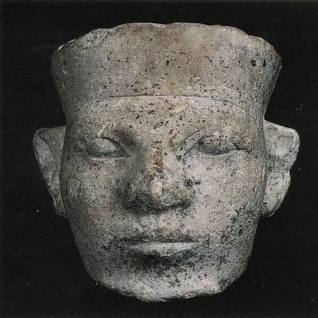
Tariffs have a tendency to be symmetrical. US tariffs could cause China immediate disruption but what would be the long run ? If China weans itself of the USA market then US producers will have to relocate to China. Since many chinese goods are intermediate the cost could be borne by US producers. However large the US market is today it cannot compete with the future Chinese market. Foreign competitors will seek to steal US lunch.
If the US doused all Chinese goods then the world market could have cheaper and higher quality products. Some will recall 80’s when in response to US demand that Japan stop ‘dumping’ its goods Japan began charging more for its goods in US than in Japan.
If China decided to say ‘bring it on’ the advantage would be that it would be seen as the innocent party and no one would protest at reciprocal action. To make up for the lost US market China would need to increase domestic consumption – which would have positive political impact. Tariffs would play an important role in reducing import tendency of reflation without China being accused of being mercantilists. The increased nationalistic tension would carry the state over any immediate teething issues and reference to the days of China being humiliated by foreigners would silence dissent.
China could respond by simply keeping its technology to itself and its allies. If the best phones were simply not available in US who is the winner here? Why would India, Brazil or Turkey wish to ban Chinese goods? Yes, there are some severe economic costs but the situation gives the `Chinese perfect cover to adopt ultra nationalistic policies and have the population pay the short term price.
But the genie is out of the bag… long run trust in US agreements is gone. Eternal contingency planning is here to stay.

